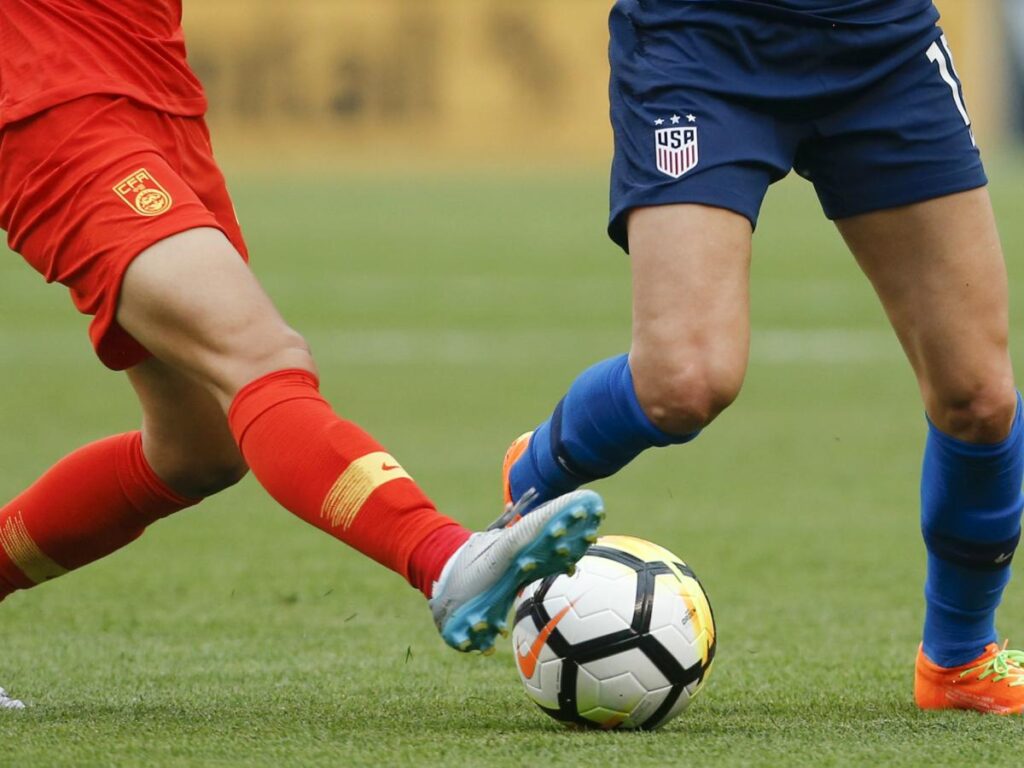Many factors influence the psychology behind placing bets on soccer. Bettors are affected by beliefs as well as cognitive biases, among other elements that can be a surprise to them. They are crucial in preventing irrational gambling.
One of the most popular strategies for live betting is to place bets on a team you believe is going to win. However, you should begin slowly and stop earlier opportunities. It is possible to earn huge payouts when you bet this way.
Cognitive biases
The bias of the mind in betting on sports could lead to poor judgement. It can result in addiction like betting. If you can identify and eliminate these biases, you’ll be able to take better decisions.
Confirmation bias is among the most common cognitive biases gamblers employ in their sports betting. This causes them to seek out information that will affirm their belief, and not to consider evidence that supports contrary. This can result in players not noticing important information or misinterpreting the information. It is a risk when it comes to betting on football. In addition, overconfidence could lead to betting players ignoring the advice of experts or believing that they are more than other bettors. This can lead to poor choices and losses in financial terms. To counter this tendency keep your mind open. Explore different viewpoints. It is possible to avoid the cognitive distortions that can occur and confirm bias when betting by remaining flexible.
Emotional influence
The sport of soccer is a powerful sport that attracts millions of gamers and fans to bet. Bettors can be affected by the excitement of winning or losing and also their feelings. The emotional repercussions can result in compulsive or even dangerous betting.
Researchers investigated the impact of traits’ affective impulses and the motives for emotion regulation on betting in-play through three cross-sectional study after important sporting events like those of the Superbowl LVI Final (Study 1) and March Madness Finale (Study 2) as well as the Union of European Football Association Champions League Finale (Study 3.) The results showed that people betting on the event experienced higher level of excitement.

Controlling oneself is essential to defeating psychological biases while placing bets on soccer. This requires discipline, logic analysis, and a keen sense of bongdawap lich thi dau. Control is the key for ensuring that gamblers adhere to established budgets, strategies for betting, and stay clear of losing money.
Strategy for betting on football
The soccer betting strategies will assist you in making better choices about the most viewed game in the world. The best strategies involve a comprehensive study of team and player stats, and the performance patterns. They also employ techniques to reduce the cognitive biases, like the “gambler’s fallacy”.
Another important method to employ is to determine and evaluate the most profitable bets. You should take into consideration the past performance at home as well as when traveling and head-to-head games and table position. Beware of over-betting, which can result in substantial loss.
Parlays are a strategy of betting designed for intermediate gamblers that combine several bets into one. It is important to bear the fact that there are very low odds for parlays to succeed. The parlay should be restricted to three or less games. There is a better chances of winning if you restrict parlays to three at least three games. Beware of betting on teams that surrender early leads, since these bets typically have very low chances of winning.
Social Factors
Many factors could influence a person’s decision to place bets on sports. Gender, age, perceived value of gambling in society and the impulsivity of a person are just a few factors which can affect a person’s choice to place bets on sports. The issues with sports betting are usually caused by incorrect belief systems as well as emotional ties. The factors mentioned above have been associated with an increase in the chance of developing gambling-related disorders as per research.
Betting on sports is a common activity among athletes looking to make cash, relieve stress or simply have fun. The activities can have negative impacts on the well-being and health of the athletes. The risk is reduced by limiting their involvement as well as seeking assistance when they are experiencing problems.
Many studies have examined the correlations of betting on sports. They included sociodemographic factors as well as gambling-related variables, and other psychopathologies that coexist. The studies have not examined the factors that increase risk for gambling among those with diagnosed with a clinical Gambling Disorder or Problematic Gambling Disorder (GD). The purpose of this systematic review was to collect clinically pertinent information on the relationship with GD and gambling related to sports.


